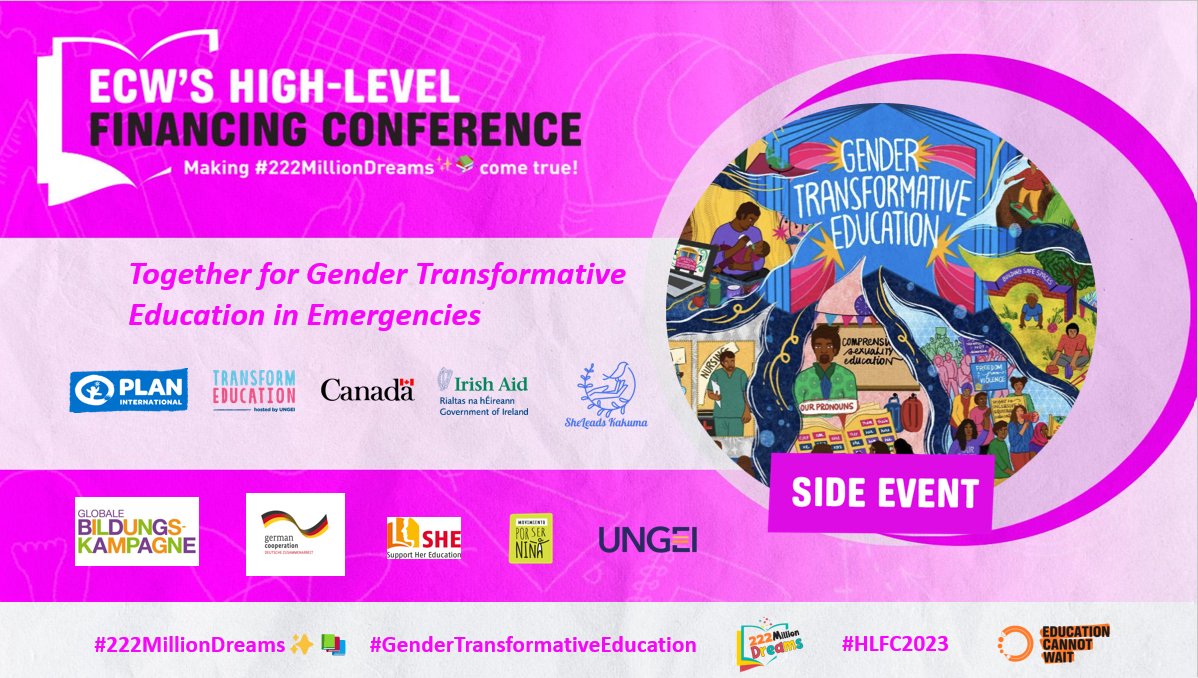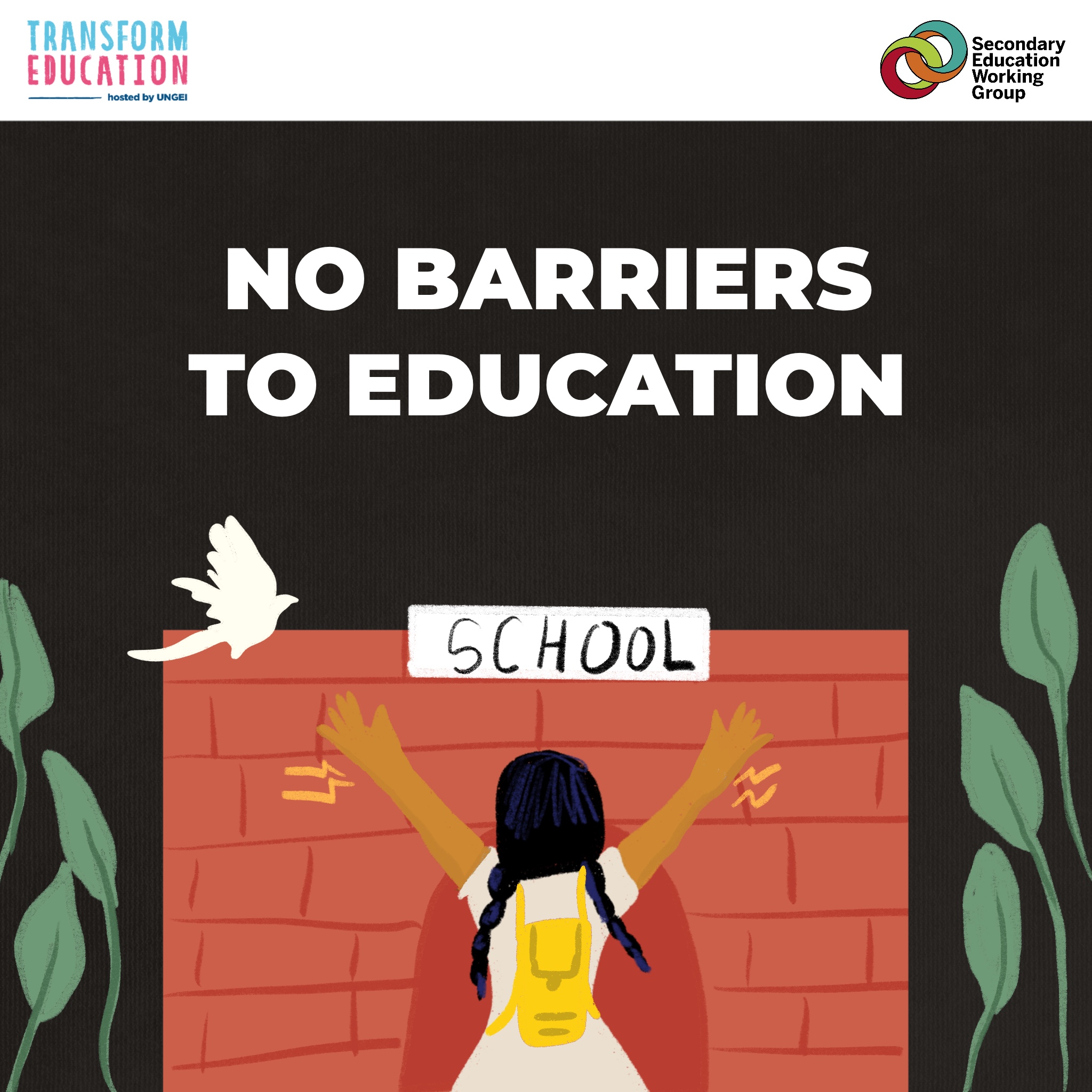Gender roles and norms are the biggest challenges for education transformation.
By Annet from Uganda
Maria 21, is the first child of her parents in the rural area of Masindi, Uganda. She could not join secondary education due to poor grades in the primary exit examinations. Her weak exam performance was a result of a lot of engagement in household roles when her mother was away. Maria’s mother is a casual business woman vending dry agricultural produce in the markets and her father is a local builder who regularly spends nights away from home.
Being the first born in the family, Maria enrolled in a local school close to her home. The main reason for this was that she has to take some hours off school to take care of her young siblings because her mother could not miss market days to sell her items in order to provide for the family. Her husband spends his earnings on drinking and other women.

Maria said that before she could leave home for school, she ensured that she had collected food from the garden, firewood and water from her well. She would return from school during lunch break as early as 12:50pm to cook lunch, which was always the same in the evening. She further said that she would return to classes tired and hardly got time to do revisions and assignments after classes. Coupled with a number of days of absence from class, Maria’s academic performance suffered and resulted in repetition of classes.
As she was a fast growing girl, puberty had led to various changes that made teachers promote her to the next level of class even though she had performed poorly in school. This was to avoid making her feel uncomfortable with the girls in her class. This happened until she took the primary leaving examinations. She did not perform well, and was not afforded the opportunity to attend secondary school. As a direct result, she started selling at the market with her mother.
Maria’s brother John, who has completed secondary education, has been studying electrical engineering in a technical institution. He did not have any difficulties in studying because he is male. However, Maria, like many other girls, was raised to be a homemaker, housewife and caretaker of the family.
There are many other girls in the community like Maria who have faced similar challenges that have prevented them from attaining higher levels of education. Communities and families barely understand the root causes of the problem. They rather come to conclusions that girls are not as intelligent as boys who attain good grades in class to push them to higher classes.
Below are my actions to transform education in my community:
I provide mentorship and career guidance for young schoolgirls during school days by engaging with female school teachers when conducting a girl-talk program.

I also engage in community sensitisation on the benefits of education for all, focusing especially on the girl-child by providing a platform for them to engage with female role models who also serve as motivational speakers. This is done during school parents’ day, speech days and other gatherings at school where the major audience are parents and caretakers.


